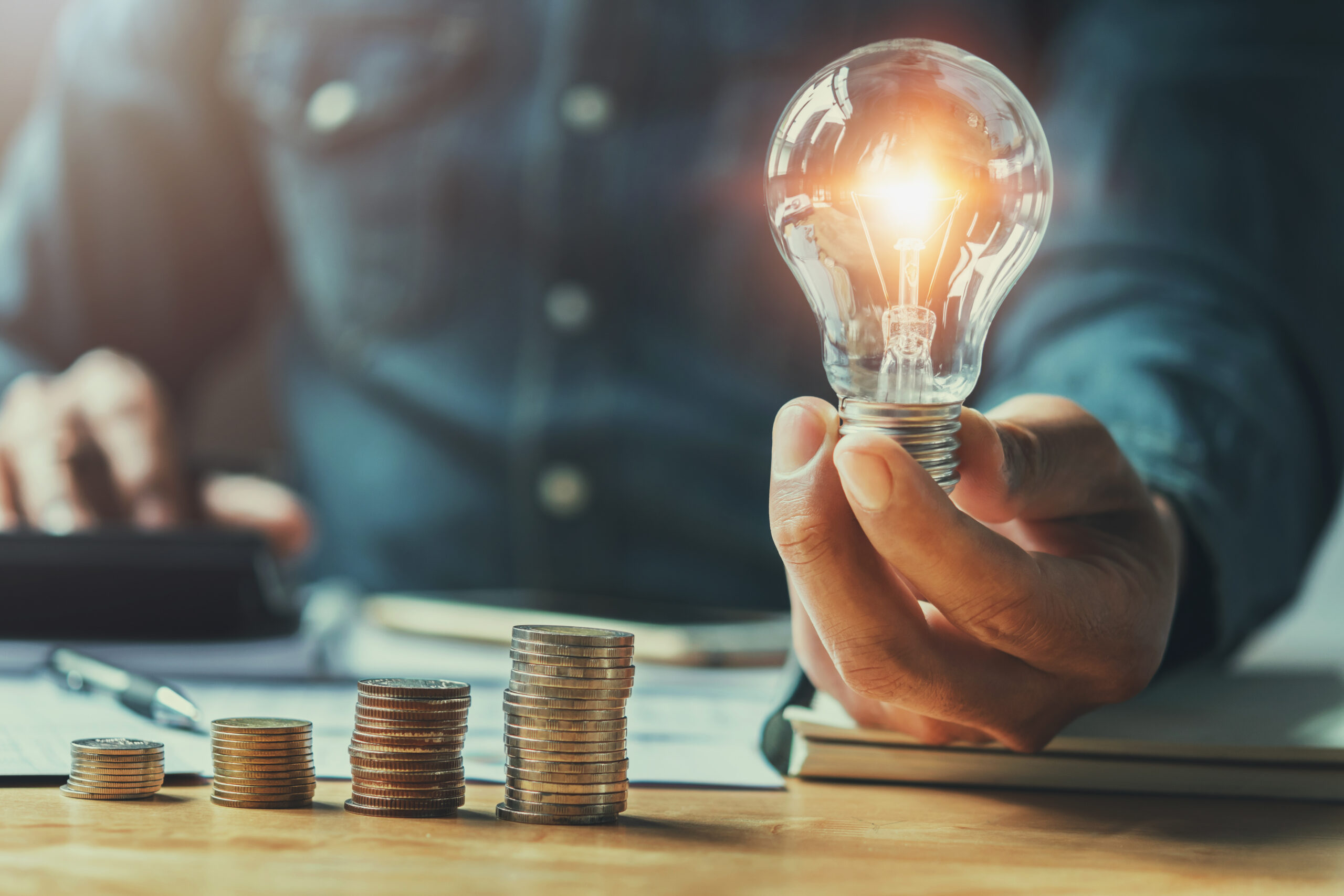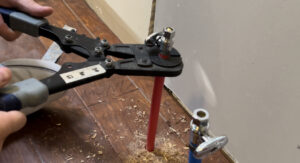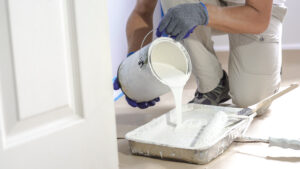To reduce home energy costs, start with a home energy audit to identify inefficiencies. Implement energy-efficient appliances, unplug electronics when not in use, and switch to LED lighting. Ensure proper insulation, use programmable smart thermostats, and consider solar panels for long-term savings. Regular HVAC maintenance and energy-efficient windows also play a crucial role in lowering energy bills and enhancing home sustainability.
Are you tired of high energy bills eating into your budget every month? You’re not alone. Millions of homeowners are in the same boat, but the good news is, there are effective ways to trim down these costs.
Understanding how energy is used in your home is the first step to making impactful changes. From simple habits to cost-effective investments, we’ll explore a variety of methods that can lead to significant savings on your energy bills.
Stay with us as we unravel the secrets to reducing home energy costs, ensuring a greener, more sustainable living environment while keeping your hard-earned money where it belongs – in your pocket. Welcome to your journey towards a more energy-efficient home.
Get A Home Energy Audit Done!
A home energy audit, also known as a home energy assessment, is a comprehensive evaluation of your home to determine where and how energy is being used, and more importantly, where it’s being wasted. The goal of an energy audit is to identify opportunities to improve energy efficiency, thereby reducing energy consumption and costs. Here’s what typically happens during a home energy audit:
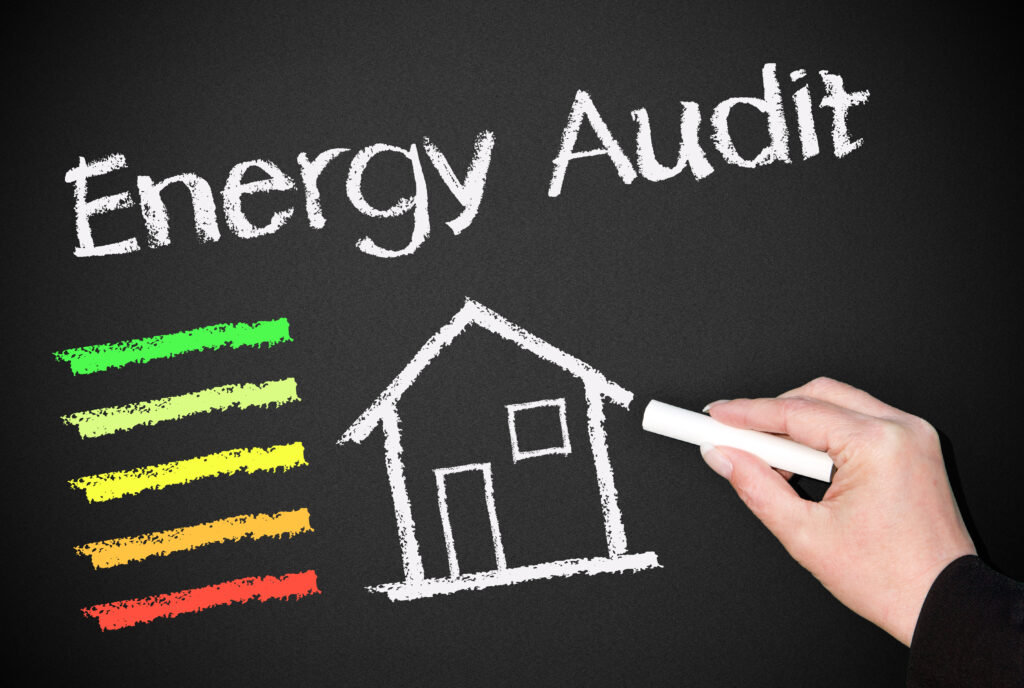
- Inspection of Home Structure: The auditor examines the home’s structure, including walls, ceilings, floors, doors, windows, and skylights, to check for air leaks, insulation issues, and other structural factors that can affect energy efficiency.
- Review of Energy Consumption: The auditor reviews past utility bills to understand the household’s energy usage patterns.
- Heating and Cooling System Analysis: The efficiency of the heating, ventilation, and air conditioning (HVAC) systems is assessed. This includes checking the condition and maintenance history of the equipment.
- Lighting and Appliance Check: The auditor evaluates the energy usage of lighting fixtures and household appliances, looking for opportunities to switch to more energy-efficient options.
- Blower Door Test: This test helps in detecting air leaks. A powerful fan is mounted into the frame of an exterior door, which pulls air out of the house, lowering the air pressure inside. The higher outside air pressure then flows in through all unsealed cracks and openings, revealing potential areas for improvement.
- Thermographic Scan: Infrared cameras may be used to detect areas of poor insulation and thermal bridging, which are common causes of heat loss.
- Detailed Report and Recommendations: After the audit, the auditor provides a detailed report outlining the findings and suggesting improvements. These recommendations might include adding insulation, sealing leaks, upgrading to energy-efficient appliances, or making changes to heating and cooling systems.
A home energy audit is beneficial because it provides a clear picture of where a home is losing energy and what actions homeowners can take to improve efficiency. This not only helps in reducing energy bills but also contributes to a more comfortable and environmentally friendly home.
Free Virtual Assessment: If you don’t want someone to come into your home and have to pay for an assessment, you can do a virtual assessment at no cost. Now you know, nothing is ever “Free”, so keep in mind that there will be offers to follow up, so make sure you ask alot of questions!
Simple Steps To Lower Electric Bill?
If you don’t want to get an energy audit done, one of the first steps you can take to lowering your electric bill is switching to energy-efficient appliances. These appliances consume less electricity, thus reducing your energy costs.
Another effective strategy is to unplug electronics when they’re not in use. Many devices continue to draw power even when they’re turned off, a phenomenon known as ‘phantom power’. By unplugging these devices, you can significantly cut down on your energy consumption.
Consider replacing your traditional light bulbs with LEDs. LEDs are more energy-efficient and last longer than incandescent bulbs, making them a cost-effective solution in the long run. Some people still believe that these offer poor light compared to normal bulbs, and they not cost effective. We’ve debunked this believe in Energy Myths Debunked, check it out here.
Proper insulation is also critical in reducing energy costs. By insulating your home properly, you can reduce the amount of heat that escapes during winter and enters during summer. This means your heating and cooling systems won’t have to work as hard, resulting in lower energy consumption. You should also inspect and upgrade you insulation periodically.
Lastly, consider investing in a programmable smart thermostat. This device allows you to set your home’s temperature for different times of the day, preventing unnecessary heating or cooling when you’re not home.
By implementing these strategies, you can significantly reduce your home energy costs. Remember, every small step contributes to a larger impact on your energy consumption and, ultimately, your electric bill.
What Appliances Use Most Electricity?
When it comes to managing your home energy costs, it’s essential to understand which appliances consume the most electricity. Air conditioners top the list, especially central air conditioning units. These systems can consume up to 3500 Watts per hour, making them a significant contributor to your electricity bill.
Next on the list are water heaters. These appliances can use anywhere from 3000 to 4500 Watts, depending on whether they’re gas or electric. Electric heaters, in particular, can be a significant drain on your energy resources.
Electric ovens are another high-energy appliance. On average, they consume around 2,150 Watts per hour. If you’re a frequent baker or roaster, your oven could be contributing significantly to your energy costs.
Other notable mentions include refrigerators and clothes dryers. While these appliances don’t use as much power as the ones mentioned above, they’re often used more frequently, leading to higher overall energy consumption.
To reduce your home energy costs, consider upgrading to Energy Star appliances, using appliances less frequently, or adjusting your usage habits. Remember, every bit of energy saved not only reduces your bills but also contributes to a more sustainable and energy-efficient home.
How Significant is Insulation in Reduce Energy Costs?
Insulation plays a huge role in maintaining a comfortable temperature in your home, thus directly affecting your energy costs.
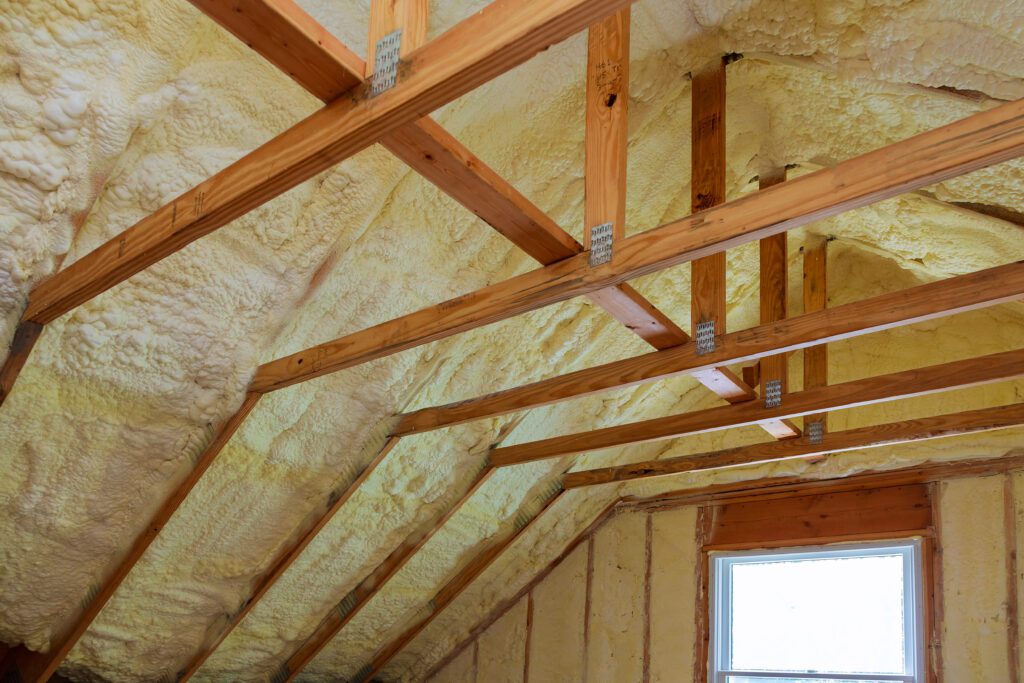
Different types of insulation materials have varying levels of effectiveness, measured in R-values. The higher the R-value, the better the material is at insulating, leading to more energy savings.
- Fiberglass: Commonly used in attics and walls, it has an R-value of 2.9 to 3.8 per inch.
- Cellulose: Made from recycled paper, it has an R-value of 3.1 to 3.8 per inch.
- Spray foam: This has a higher R-value of 3.5 to 6.5 per inch, making it more efficient.
Proper installation is essential to maximize the effectiveness of insulation. Therefore, it’s recommended to hire a professional for this task. Remember, investing in good insulation is a long-term strategy for reducing home energy costs and promoting energy efficiency.
Can Solar Panels Lower Energy Costs?
Solar panels also allow you to take advantage of net metering programs. Under these programs, you can sell any excess electricity your panels produce back to the grid. This can further reduce your energy costs, or even allow you to earn a profit.
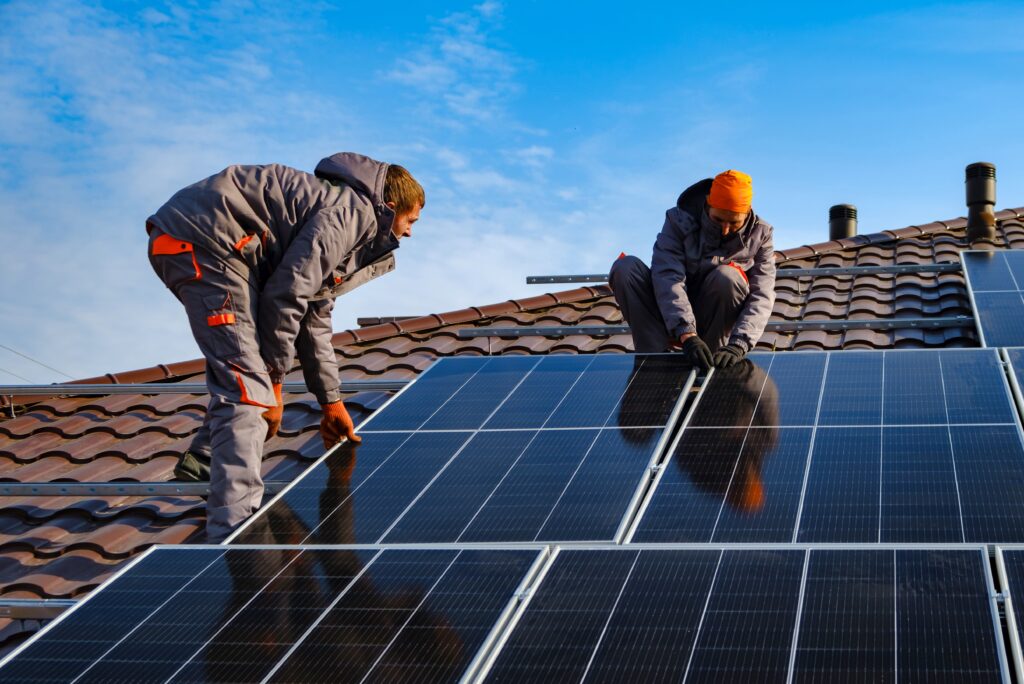
Moreover, solar panels can increase the value of your home. According to the National Renewable Energy Laboratory, homes with solar panels sell 20% faster and for 17% more money. This can make the initial investment in solar panels worth it in the long run.
Installing solar panels also qualifies you for the federal solar tax credit, which can reduce the cost of the system by 26%. Many states and local governments offer additional incentives and rebates, further lowering the cost of going solar.
However, the amount of savings from solar panels depends on several factors, including the size of your solar system, the amount of sunlight your home receives, and your home’s energy usage. Consult with a solar professional, and most importantly – MAKE SURE YOU UNDERSTAND THE NUMBERS! While this can make sense to lower your energy bills in many cases, it may Not in your situation. We’ve had an analysis done in our house in NY and also in PA, both times, the net cost to us was more than it would save.
Does LED Lighting Save Energy?
Switching to LED lighting is indeed a smart move to reduce home energy costs. LEDs, or Light Emitting Diodes, use approximately 75% less energy compared to traditional incandescent bulbs. This substantial energy efficiency can lead to significant savings on your electricity bills.
LED bulbs also have a longer lifespan, lasting up to 25 times longer than their counterparts. This means fewer replacements, further contributing to cost savings and reducing waste. Additionally, unlike traditional bulbs that emit heat, LEDs stay cool, indirectly reducing air conditioning needs and contributing to energy conservation.
But how does LED lighting achieve this energy efficiency? The answer lies in the technology. LEDs convert almost all the energy they consume into light, whereas incandescent bulbs waste a lot of energy as heat. This high conversion rate makes LEDs an excellent choice for energy-conscious homeowners.
To maximize your energy savings, consider replacing all high-use light fixtures or bulbs in your home with LEDs. These may include kitchen overhead lights, living room lamps, and outdoor porch lights.
Remember, every small step towards energy efficiency not only helps to reduce home energy costs but also contributes to a more sustainable future.
How Does HVAC Maintenance Impact Energy Costs?
Regular HVAC maintenance also plays a role in reducing home energy costs. A well-maintained system operates more efficiently, consuming less energy and thereby lowering utility bills. Regular upkeep includes cleaning or replacing air filters, which can significantly improve airflow and reduce the system’s energy consumption by up to 15%.
Another critical aspect of HVAC maintenance is the regular inspection and servicing of the system’s mechanical parts. Over time, wear and tear can decrease the system’s efficiency, leading to higher energy consumption. Regular check-ups can identify potential issues before they escalate into major problems, saving you money on both energy costs and expensive repairs. I recommend getting a service contract with a local provider that performs annual inspections as opposed to you remembering to call in the service each year.
Energy Star recommends scheduling professional HVAC maintenance at least once a year. This regular upkeep can increase the lifespan of your system, maintain its efficiency, and ultimately reduce your home energy costs.
What Is The Role Of Energy Efficient Windows?
Energy efficient windows play a significant role in reducing home energy costs. Their increased insulation reduces the strain on your HVAC system, thereby lowering your energy bills.
One of the main features of energy efficient windows is their double glazing. This is a window that has two panes of glass instead of one. The space between the panes is filled with an insulating gas, which reduces heat transfer. This means that in the winter, the heat stays inside your home, and in the summer, the heat stays outside.
Another feature is the low-emissivity (Low-E) coating. This is a thin, invisible layer of metal oxide that is applied to the glass. It reflects heat back into your home in the winter and reflects it away in the summer.
In addition to their energy-saving benefits, energy efficient windows also help to reduce noise pollution from outside, making your home quieter. They also help to protect your furniture and flooring from fading by blocking harmful UV rays.
- Double glazing: Two panes of glass with insulating gas in between.
- Low-E coating: Reflects heat back into your home in winter and away in summer.
These features make energy efficient windows a worthwhile investment for any homeowner looking to reduce energy costs and improve the comfort of their home.
Final Thoughts
Reducing home energy costs is a multi-faceted approach that involves understanding energy efficiency and implementing targeted strategies. We’ve explored the significant role of a home energy audit energy-efficient appliances, insulation, solar panels, LED lighting, HVAC maintenance, and energy-efficient windows in lowering electricity bills.
Energy efficiency is not just about saving money; it’s a lifestyle change that contributes to a sustainable future. The appliances you use play a significant role in your overall energy consumption. By choosing energy-efficient appliances, you can significantly cut down your electricity bills.
Insulation is another key factor in energy efficiency. A well-insulated home retains heat better, reducing the need for excessive heating or cooling. Solar panels and LED lighting are excellent long-term investments for reducing energy costs. Regular HVAC maintenance can also prevent energy wastage, and energy-efficient windows can help maintain indoor temperatures.
Looking ahead, advancements in green technology and increased awareness about energy efficiency will continue to shape how we consume energy at home. Embracing these changes and implementing the strategies discussed can help you significantly reduce your home energy costs. Remember, every small change contributes to a larger impact on energy conservation.

